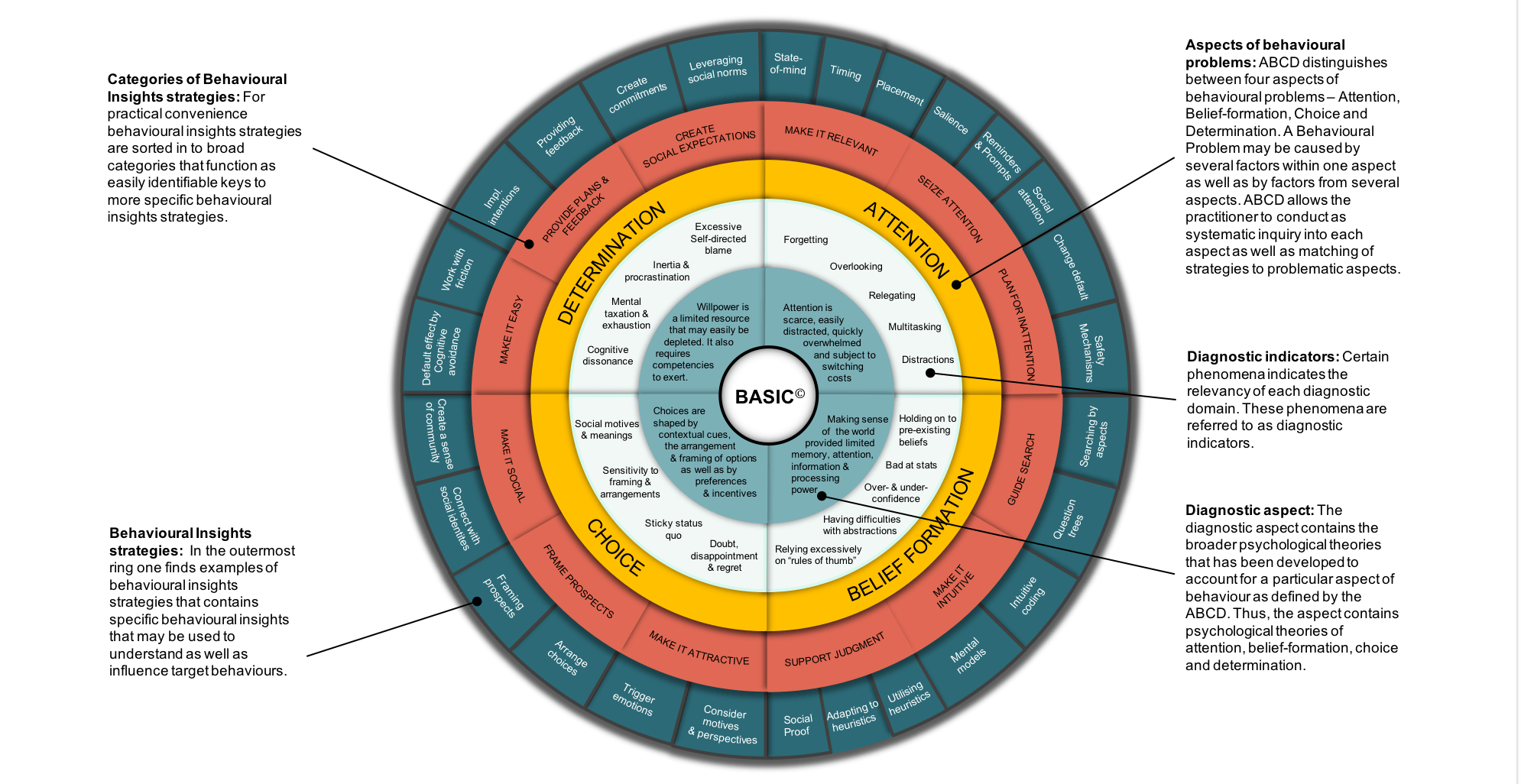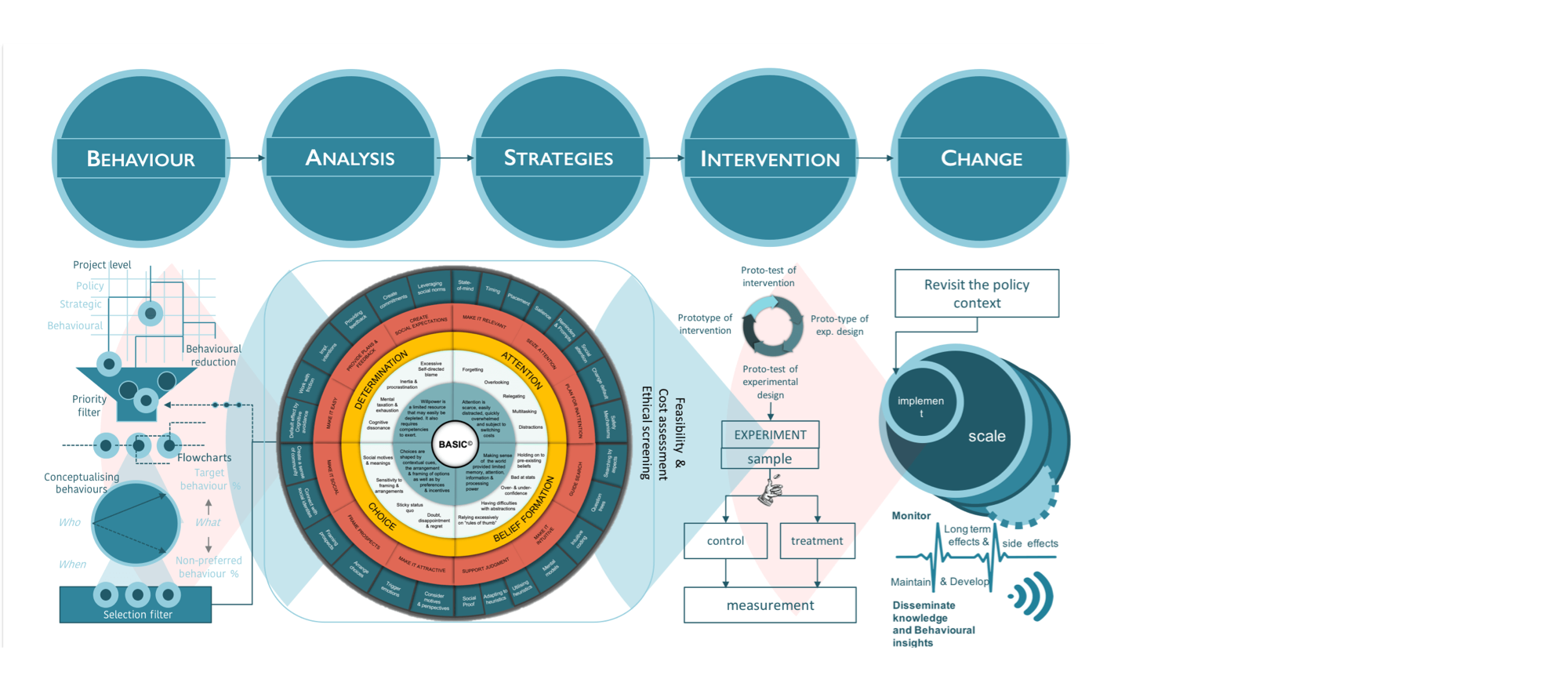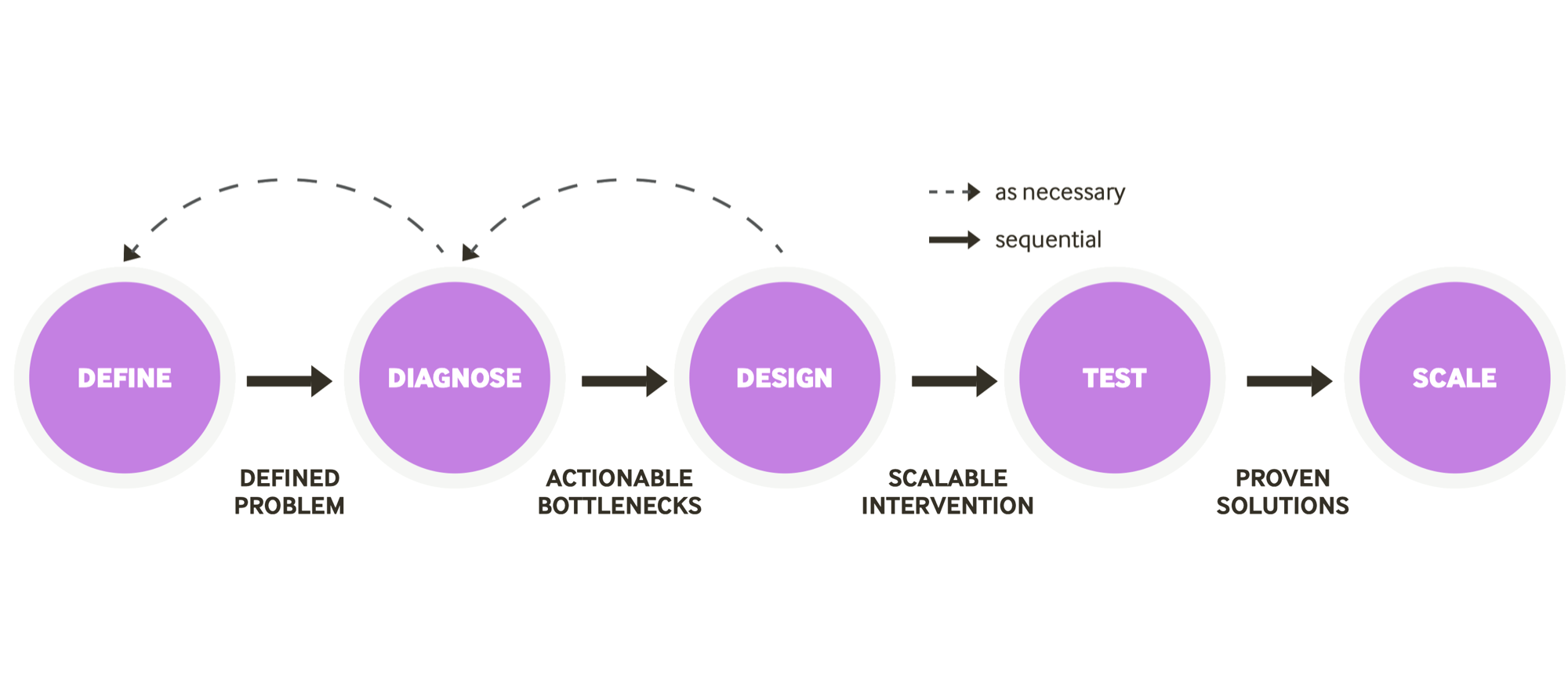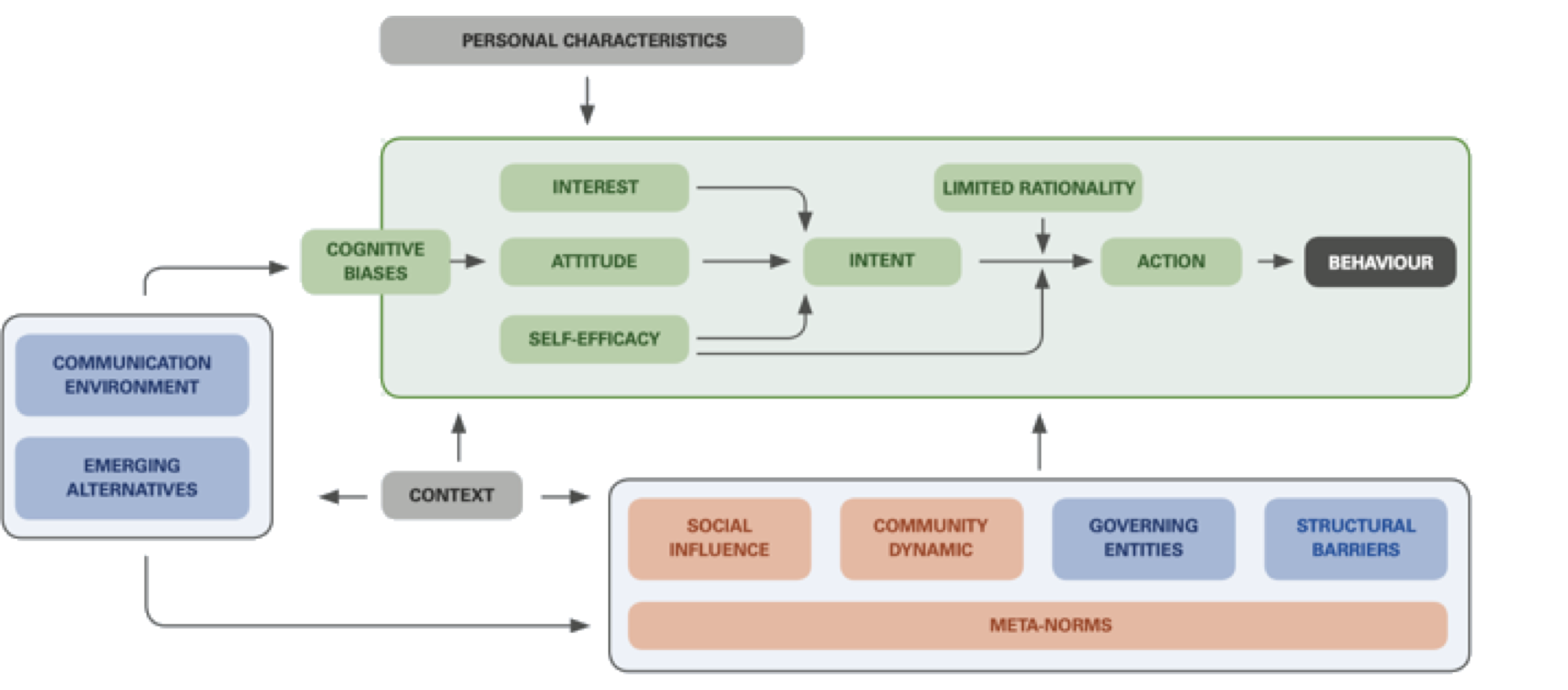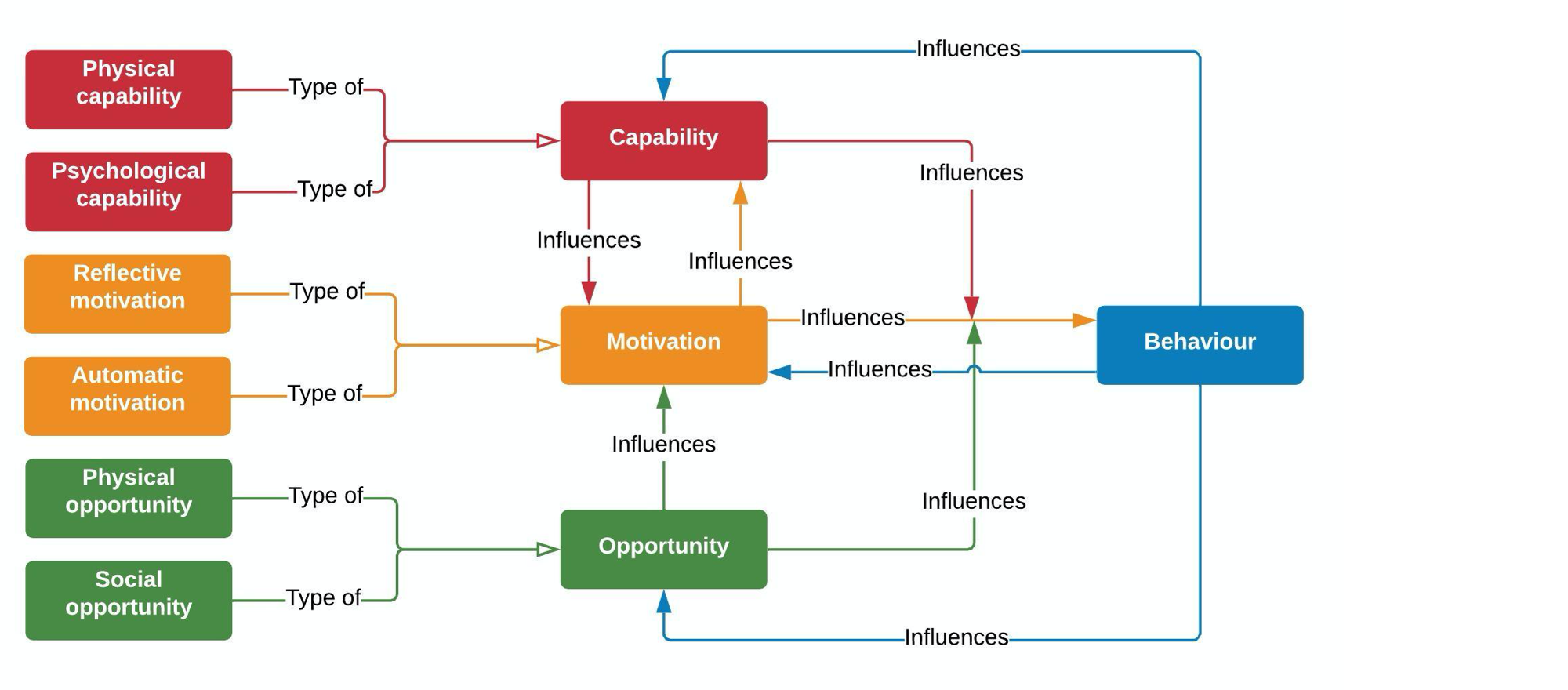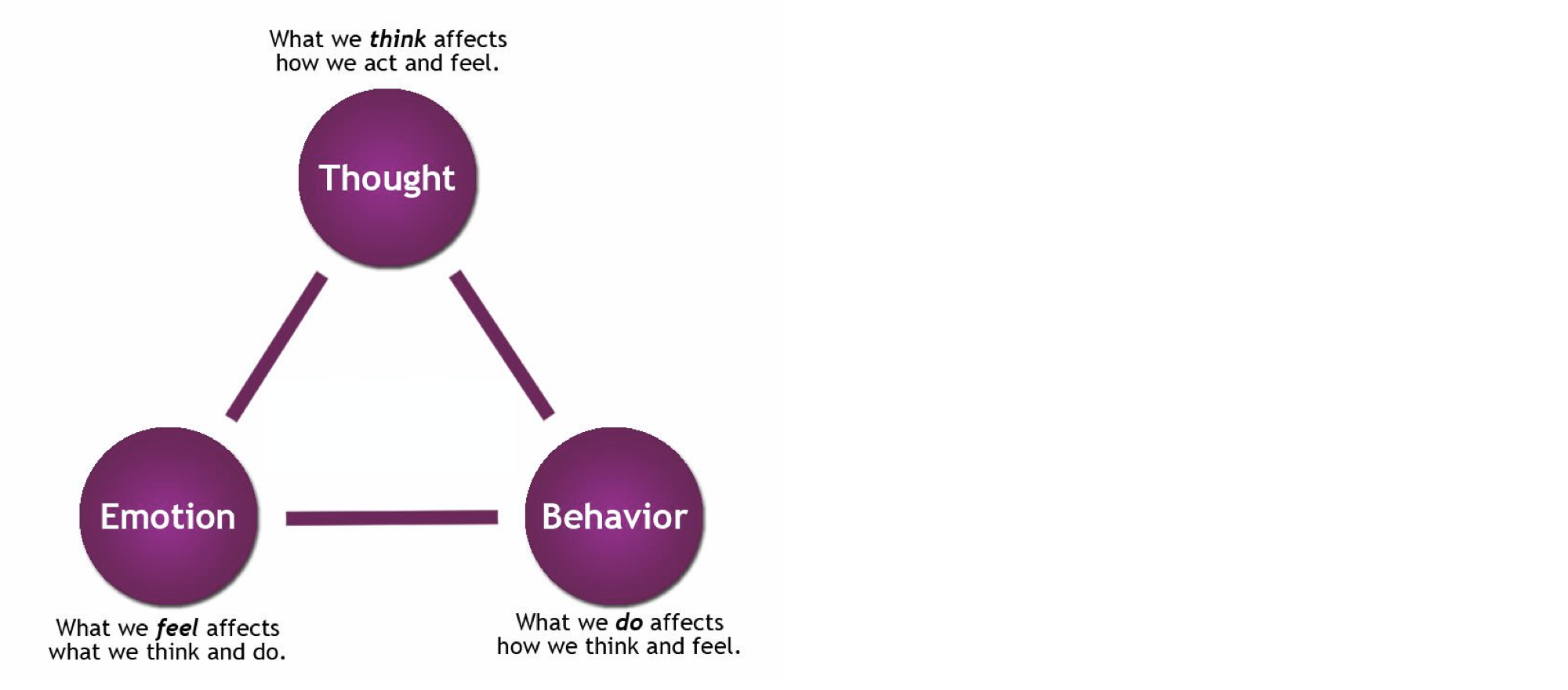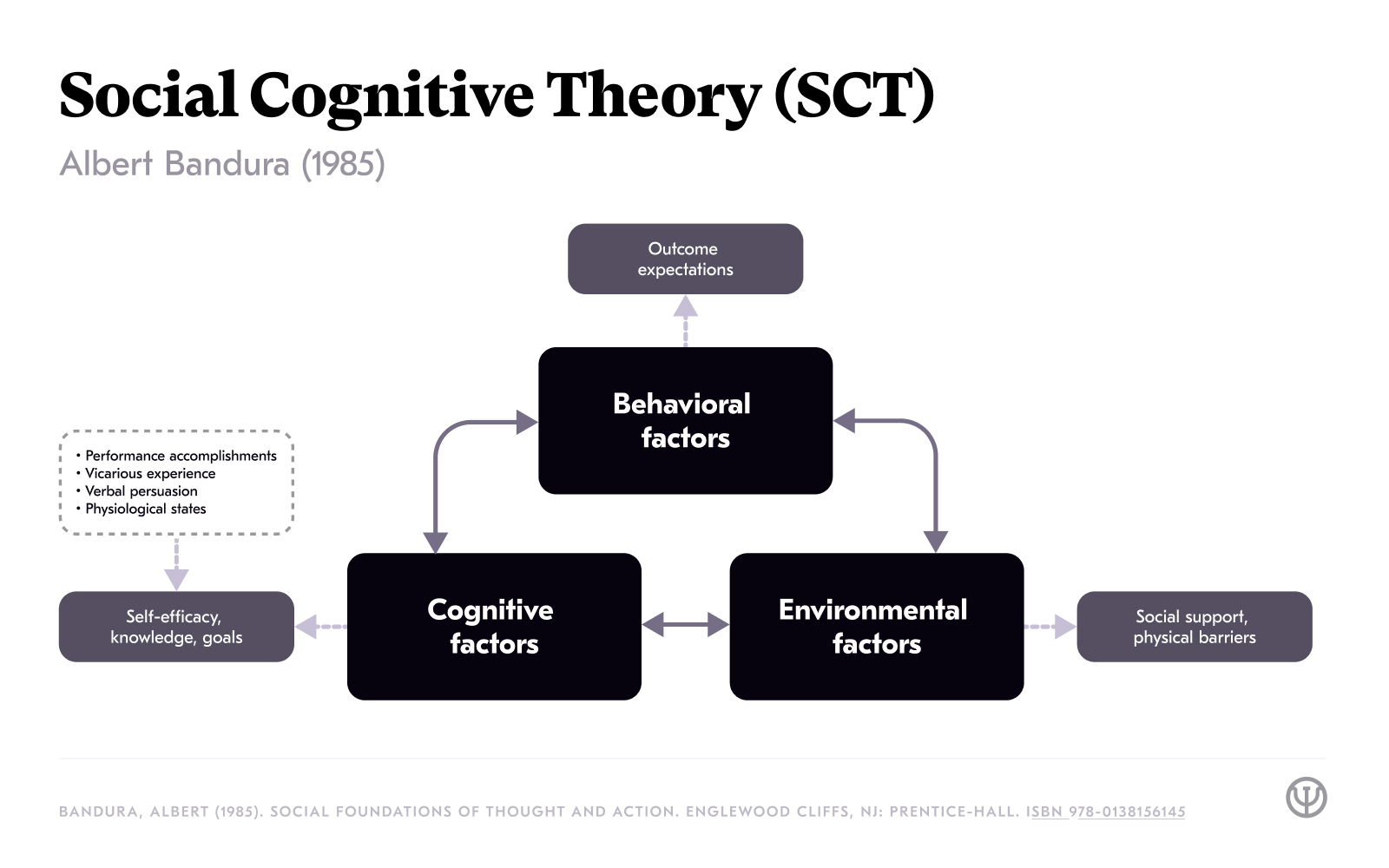
Social Cognitive Theory(SCT)
Behavior Model • 1986
Albert Bandura
Social Cognitive Theory (SCT) is an influential framework in both behavioral and developmental psychology. The model emphasizes learning from the experience of others rather than strictly requiring the individual receive reinforcement or punishment (though it does not exclude consequence-based learning from the theory).
SCT also considers the multidirectional influence of its three primary behavioral drivers on one another: environmental factors, cognitive (sometimes called personal) factors, and behavioral factors. This concept is called reciprocal determinism.
Of SCT's cognitive factors, self-efficacy is the most noteworthy for its primacy in the theory. Many—if not most—other behavior models include this concept (including revisions to theories that predate SCT). Self-efficacy refers to one's belief that they can perform a specific task in a specific context. Extending from the model, it should be noted that self-efficacy can be influenced by other environmental and behavioral factors and is context-dependent.
